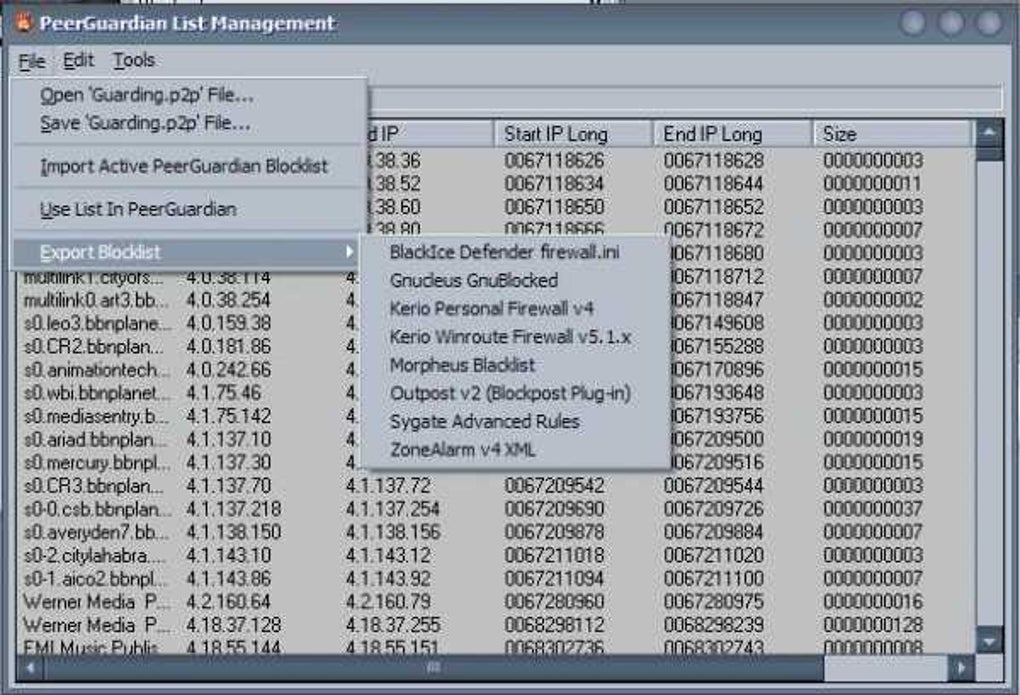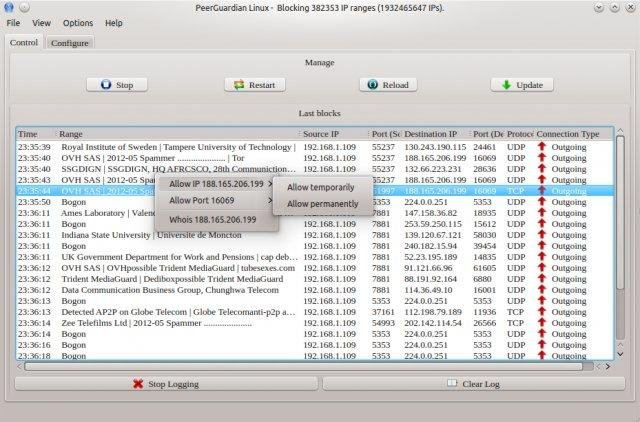
Individuals also use Tor for socially sensitive communication: chat rooms and web forums for rape and abuse survivors, or people with illnesses. Tor's hidden services let users publish web sites and other services without needing to reveal the location of the site. Still throws the gksu error when it opens."Individuals use Tor to keep websites from tracking them and their family members, or to connect to news sites, instant messaging services, or the like when these are blocked by their local Internet providers. Ran the 3 commands in the link posted, but I'm stilling having trouble getting it working. If you could possibly post exactly what to run so I can see what I'm missing it'd be greatly appreciated. I'm clearly overlooking or missing something. However, I'm having trouble following the ones in the link you posted. I downloaded the files and installed them. I've tested briefly and it all appears to work OK. Instead create a pkexec wrapper called gksudo as outlined here viewtopic.php?p=1563720#p1563720 and in Peerguardian's options add the path to the wrapper as the sudo front end. I do not recommend installing an old version of gksu for this purpose as the security vulnerability that got gksu canned is one that could potentially be exploitable in the context of how Peerguardian uses it. However the application is crippled due to gksu not being available in 19.x.
#DOWNLOAD PEERGUARDIAN 2 INSTALL#
In this order install with gdebi (links are for 64bit architecture) ld/8309719 (links is for 64bit) and they install fine in 19.1. The more I think about this stuff, the less safe I feel. But now I wonder who creates those lists, how/why are we supposed to trust those people, and why are we supposed to assume that such lists are in any way "complete?" If they are not complete, doesn't that merely give one the false impression that one is secure? Better to have no blacklist and just depend on reasonable and healthy paranoia - to wit, lock one's system down and use a whitelist of one's own creation, adding ONLY those addresses that the user knows(?!) is safe, as and when user feels that it is necessary to do so. If the hosts file doesn't work that way, I should be installing some of those blacklists, too.


It just seems to me that the hosts file should be acted on before one's computer sends out a lookup request to a DNS, in which case it shouldn't matter which form the Internet address takes.īut, again, I cannot claim any great knowledge of the thing, so I could be incorrect in my assumption. But I admit that I am pretty ignorant about how the hosts thing actually works. Is this a true thing, or did I misread? Because I was under the impression that if I added, that it would block communication with that server. I did (or think I did) see a comment that the hosts file only worked for "named" http addresses, like but not ones that use IP address numbers (instead of going through a DNS). I'll go back to wondering why the "hosts" thing isn't sufficient for a "blocker" now. Which, all "politics" aside, reminds me of an old saying about how wise it isn't to purchase your locks from a burglar. If I wasn't trying to follow the spirit of the rules here, I might be asking how much protection stuff like that which is being discussed in this thread would offer from "the government" when "the government" - specifically, the United States National Security Agency ( ) - created those kernel patches in the first place, and that particular agency is somewhat known for wanting back doors into other people's creations, so it's a pretty safe bet that the people in it would be sure to insert one into THEIR OWN work. So does Mint, lol, since it has parts of SELinux in it - but now I'm just reaching, lol.

But I do take your point, and - while facts are not open to debate, it is still technically "political," in that it has something to do with government. You may choose to disagree with any fact you like, including that one. BTW one of iblocklist is protecting me from US GOVERNMENT spying.I do not agree with you, but I'm respecting your thoughts. This is not the place to discus politics.


 0 kommentar(er)
0 kommentar(er)
